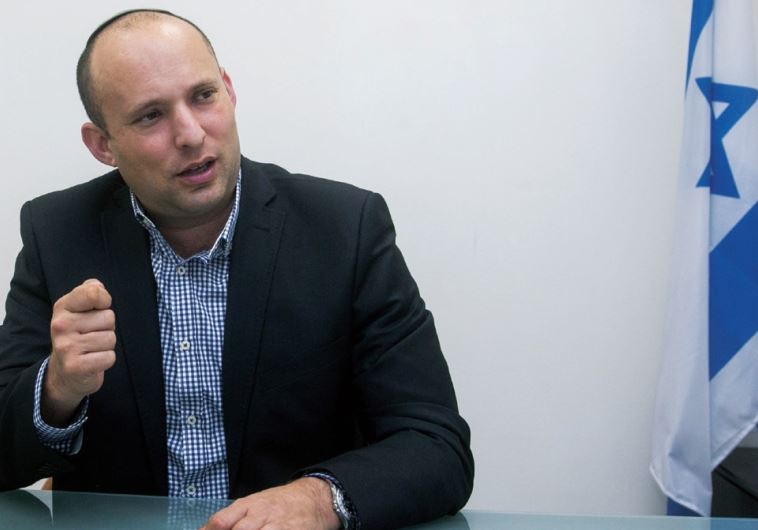Bennett advances new ethics code banning professors from expressing political views
The code also forbids academic institutes from cooperating with NGOs that are politically affiliated.
 Education Minister Naftali Bennett(photo credit: MARC ISRAEL SELLEM)Updated:
Education Minister Naftali Bennett(photo credit: MARC ISRAEL SELLEM)Updated: